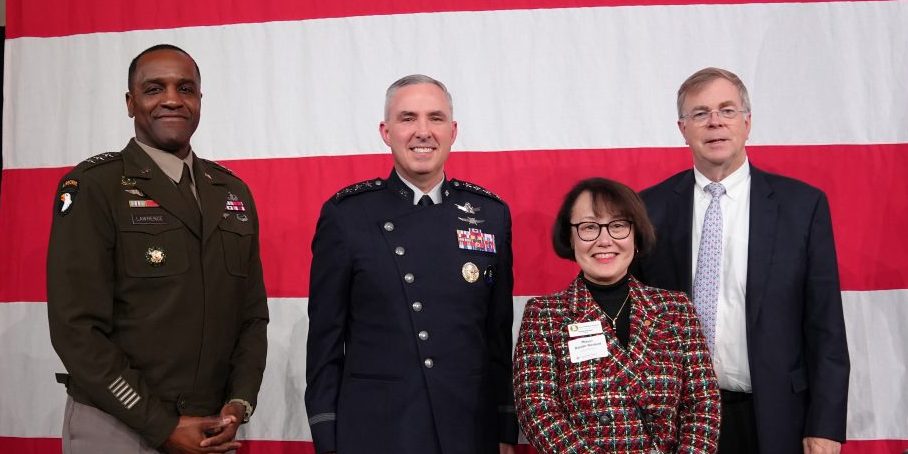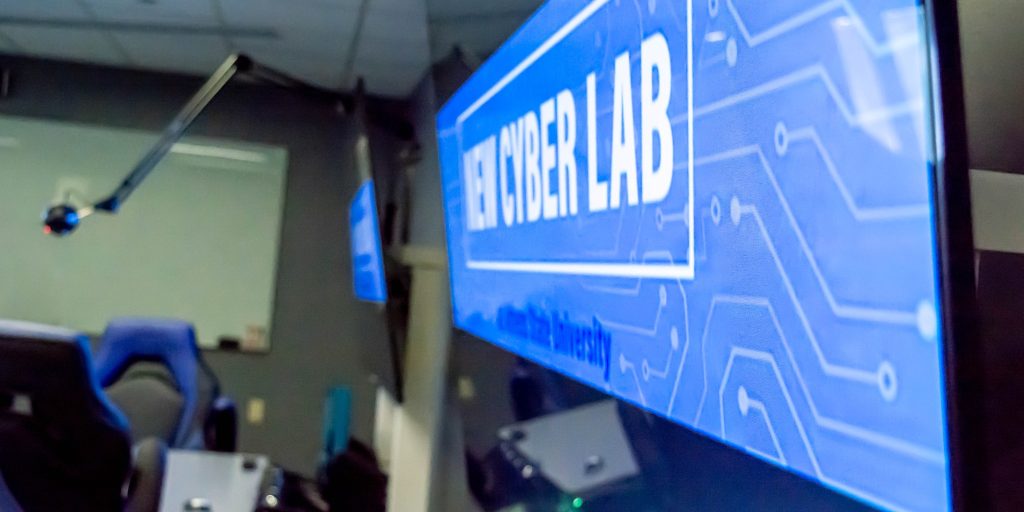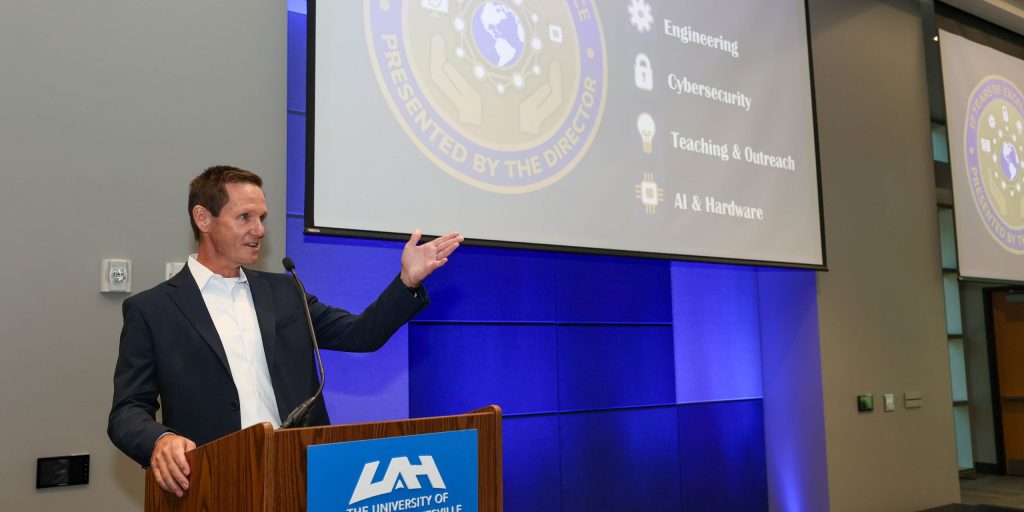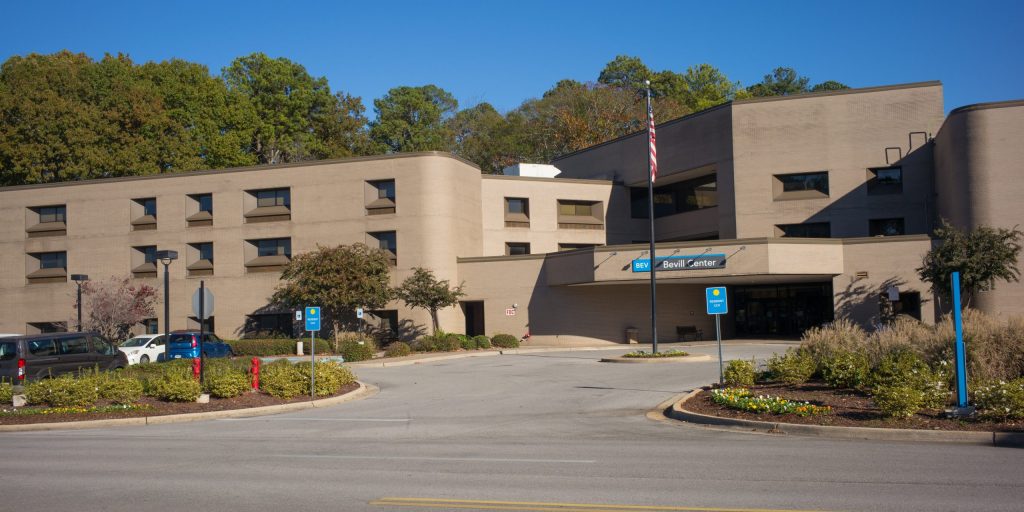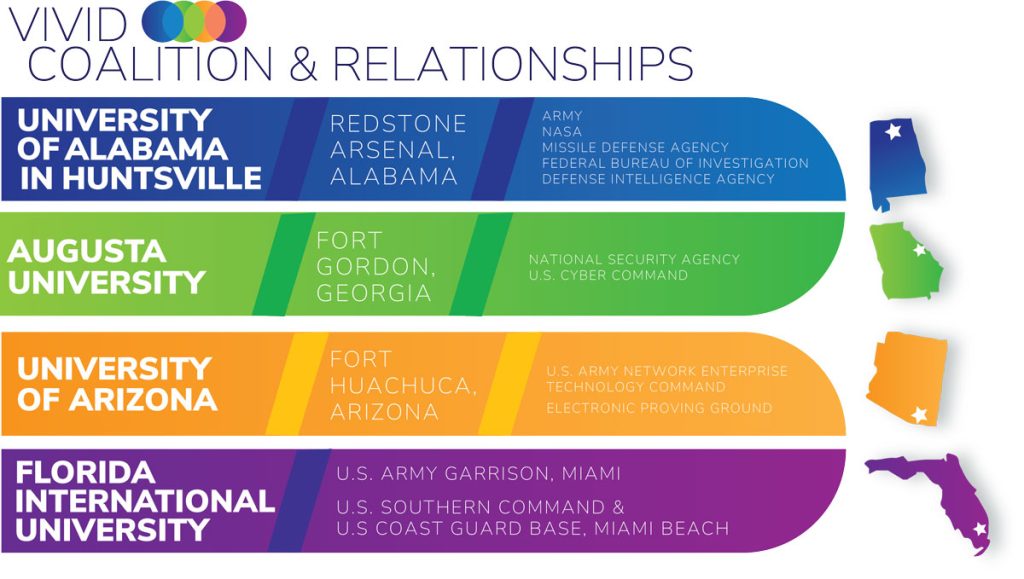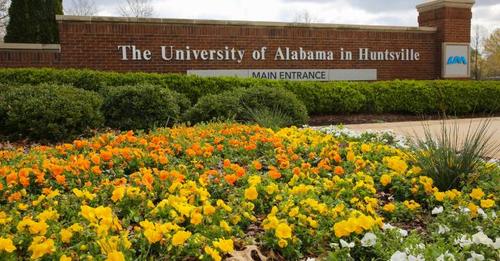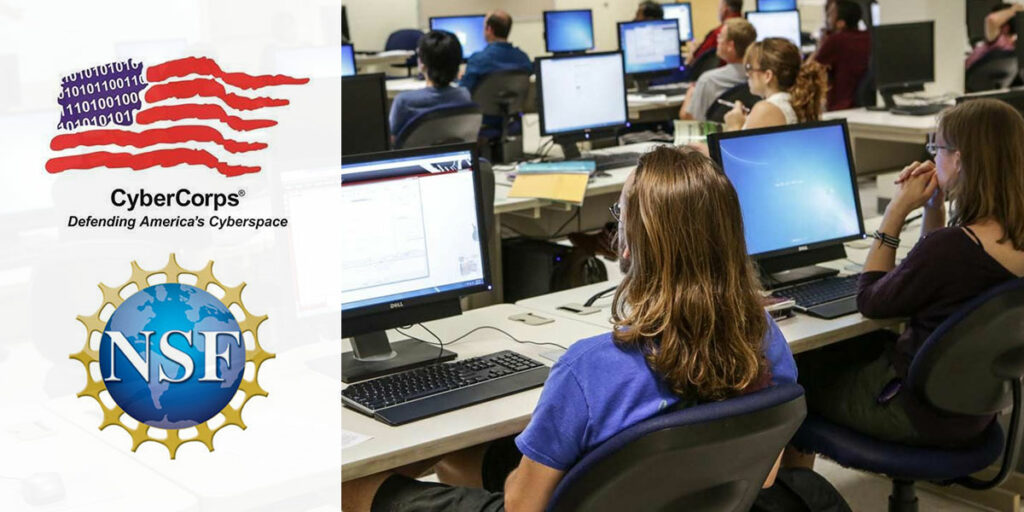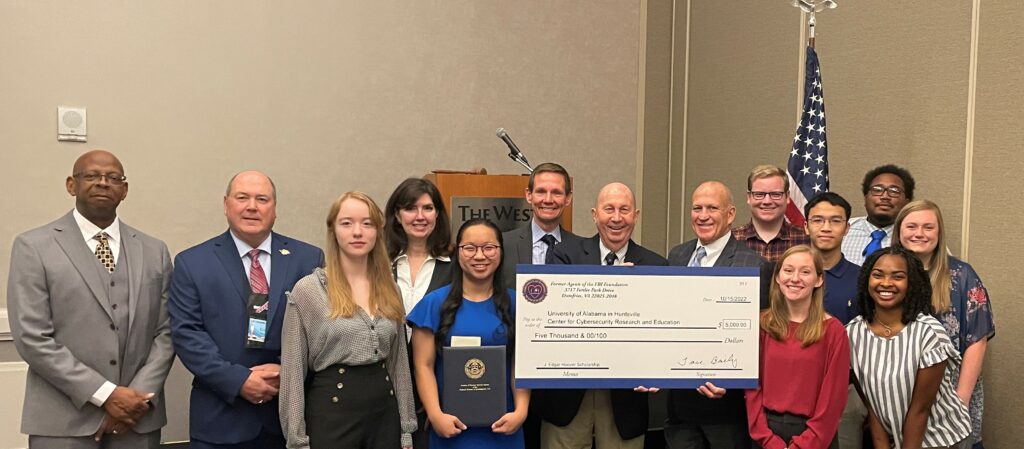WASHINGTON — Bipartisan legislation to extend the CyberCorps Scholarship for Service program’s participation period from three to five years was introduced today by U.S. Rep. Dale Strong.
The “CyberCorps Enhancement Act of 2024″ supports students pursuing advanced STEM degrees and expanding the pool of highly specialized cybersecurity professionals, according to Strong (R-Monrovia).
“North Alabama is a national leader in cybersecurity education, with one of the highest numbers of participants and graduates in the CyberCorps Scholarship for Service program, he said. “This legislation will allow local colleges and universities to continue to produce highly skilled, U.S.-trained cybersecurity experts to protect our national security interests and contribute to cutting-edge research.
“Strengthening this pipeline is not just about defending our nation against cyber threats — it’s about creating high-paying, high-impact jobs here at home and ensuring America continues to lead the way in cybersecurity, innovation, and defense.”
The University of Alabama in Huntsville, which is home to the Center for Cybersecurity Research and Education, supports the bill.
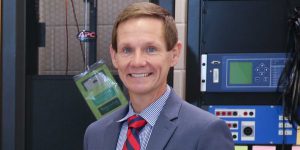
“The University of Alabama in Huntsville is home to one of the largest cohorts of CyberCorps Scholarship for Service recipients in the country, comprised of 92 incredibly bright scholars in the critical fields of cybersecurity and artificial intelligence,” said center Director Dr. Tommy Morris, an eminent scholar of computer engineering. “The proposed changes will allow us to grow this important program by attracting more doctoral students, which will ultimately enhance national security considering recipients must work for the federal government upon graduation.
“UAH proudly offers top cybersecurity programs at the bachelor’s, master’s, and doctoral levels, and one of the largest cybersecurity research centers in America – the Center for Cybersecurity Research and Education – is located on our campus in Huntsville, a community that is leading the way in cybersecurity work. We are thankful to Congressman Strong for spearheading this effort.”
Rep. Gerry Connolly (D-Va.) introduced the bipartisan legislation with Strong.
“The federal government has a lot of work to do when it comes to recruiting and retaining the next generation of the federal workforce, especially in critical fields like cybersecurity and emerging technologies,” said Connolly. “This bipartisan legislation will go a long way toward strengthening our nation’s cybersecurity posture by ensuring we can attract the best of the best to serve our country.”
The CyberCorps SFS Program offers scholarships for three years to students pursuing undergraduate or graduate education in cybersecurity. In return, recipients commit to working in a cybersecurity role within the U.S. government for the same length of time as their scholarship.
The legislation proposes two key improvements to the program:
- Extending Scholarship Support: Increasing the scholarship cap from three to five years to accommodate students pursuing advanced degrees like PhDs.
- Clarifying Loan Repayment Terms: Ensuring the full amount of student loans is eligible for forgiveness. This change is to address participant concerns about loan repayment challenges.
These changes will support a wide range of cybersecurity degrees — including PhD, master’s, bachelor’s, and associate degrees — focused on cybersecurity fields such as AI, aerospace, quantum technologies, and more.
Full text of the legislation is available here. It is supported by the Institute of Electrical and Electronics Engineers (IEEE) USA.



